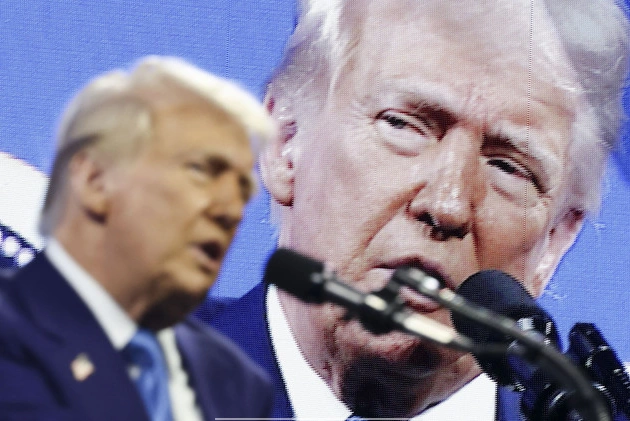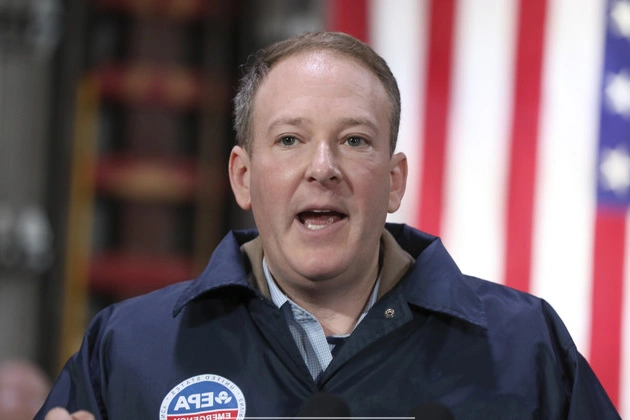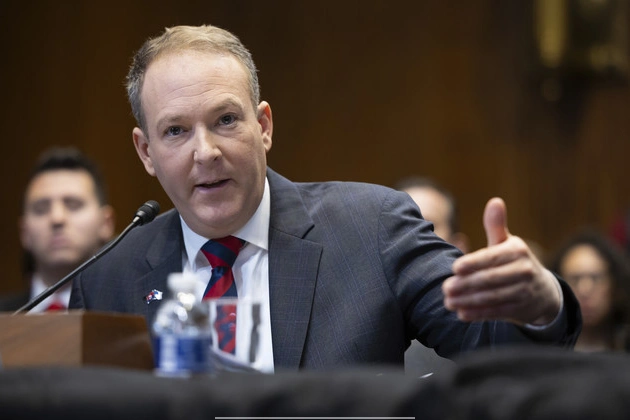
President Donald Trump’s promised assault on federal climate policies is sweeping across Washington, state capitals, and private industry with surprising speed, leaving a profound impact on the planet’s future well after his presidency.
His cost-cutting orders have led to the firings of thousands from the Environmental Protection Agency, the Department of Energy, and the Department of the Interior, with deeper slashing anticipated. The flow of federal dollars for energy rebates, solar installations, and electric vehicle chargers has been dammed, often defying court orders for reinstatement.
Trump’s actions have injected uncertainty into clean energy industries by threatening tariffs, pausing wind projects, and pledging to roll back clean energy tax credits. These moves collectively constitute a vast and coordinated attack on U.S. environmental policy, challenging decades of progress in curbing planet-warming pollution.
Analysts warn that the administration’s actions could reverse decades of efforts to mitigate greenhouse gases, pushing the planet beyond manageable temperature levels. Jillian Blanchard of Lawyers for Good Government expresses concern that such actions will have dire consequences on global warming.
Energy Secretary Chris Wright’s dismissal of net-zero goals as malevolent illustrates the administration’s stance on climate change, dismissing efforts to reduce greenhouse gases as a power grab by governments.
The urgency of addressing climate change is underscored by the looming deadline set by the Global Carbon Project, predicting a significant rise in global temperatures unless immediate action is taken.
Trump’s persistent denial of climate science and his active dismantling of federal climate policies have raised alarms among researchers and environmental advocates. The aggressive pursuit of dismantling regulations without a coherent plan for rebuilding poses significant challenges for environmental progress.
Contrasting Trump’s approach, former President Biden aimed to position the U.S. as a climate leader by approving substantial investments in clean energy and climate initiatives. While progress was made during Biden’s tenure, challenges remained in meeting ambitious emission reduction targets.
Trump’s policies have triggered significant disruptions in various sectors, from federal agencies to private companies. The abrupt changes in funding and regulations have left many scrambling to adapt to the new environmental landscape.
The impact of Trump’s decisions extends beyond federal agencies to businesses, nonprofits, and communities reliant on federal support for climate initiatives. The uncertainty surrounding funding and regulations has created a ripple effect, affecting investments and projects across the clean energy sector.
The business community is particularly apprehensive about the future of clean energy under Trump’s administration, with tariffs and policy shifts adding to the uncertainty. The lack of clarity in Washington’s clean energy policies has stalled new investments and projects, jeopardizing the growth of the sector.
As federal agencies and businesses navigate the changing landscape, the broader implications of Trump’s actions on climate policy and environmental sustainability continue to unfold. The need for a cohesive and forward-looking approach to address climate challenges remains paramount in shaping a sustainable future.















